Home>Furniture & Design>Interior Design Trends>How Thick Should Shower Glass Be
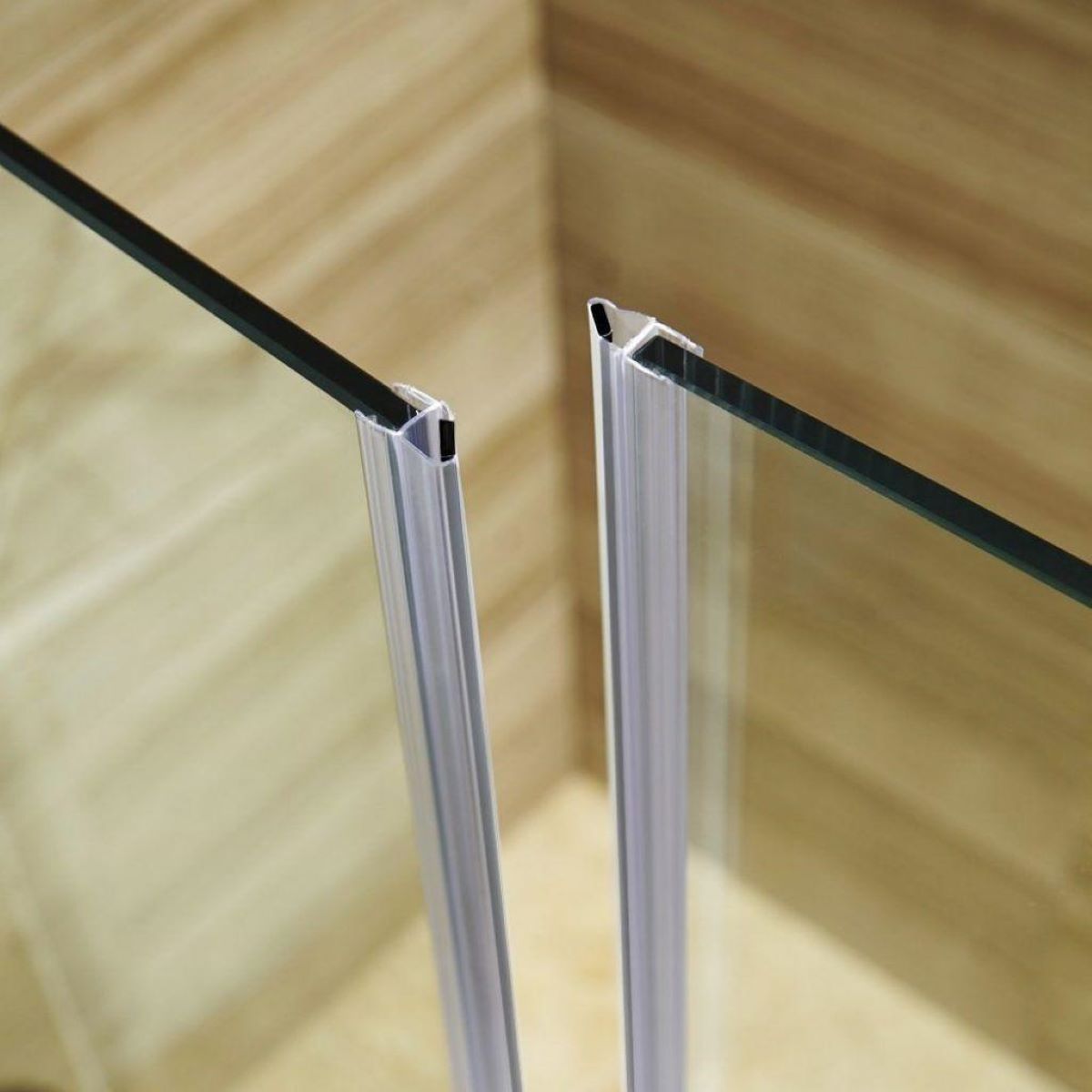

Interior Design Trends
How Thick Should Shower Glass Be
Published: February 8, 2024
Discover the latest interior design trends for shower glass thickness. Learn how to choose the right glass thickness for your shower to create a modern and stylish bathroom. Explore expert tips and advice.
(Many of the links in this article redirect to a specific reviewed product. Your purchase of these products through affiliate links helps to generate commission for Storables.com, at no extra cost. Learn more)
Introduction
When it comes to designing a luxurious and functional bathroom, the choice of shower glass thickness plays a pivotal role in both aesthetics and safety. The thickness of shower glass not only impacts the overall look and feel of the shower enclosure but also contributes to its durability and structural integrity. As homeowners and designers seek to create contemporary and sophisticated shower spaces, understanding the optimal thickness of shower glass becomes essential.
The selection of shower glass thickness is influenced by various factors, including the desired aesthetic, safety considerations, and the specific configuration of the shower enclosure. By delving into these factors and exploring the standard thickness options available, individuals can make informed decisions that align with their design preferences and practical requirements.
In this comprehensive guide, we will delve into the critical aspects of shower glass thickness, providing valuable insights into the factors to consider when choosing the appropriate thickness for a shower enclosure. Additionally, we will explore the standard thickness options commonly available in the market and recommend the ideal thickness for different shower configurations. By the end of this guide, readers will have a thorough understanding of the significance of shower glass thickness and be equipped to make well-informed decisions when embarking on their bathroom design or renovation projects.
Key Takeaways:
- Choose thicker glass (3/8 inch or 10mm) for standard showers, balancing strength and aesthetics. Opt for 1/2 inch (12mm) for larger or custom-designed showers to ensure durability and luxury.
- Consider safety, aesthetics, and budget when selecting shower glass thickness. Thicker glass exudes luxury, while thinner glass offers a minimalist look. Match the thickness to your shower’s unique design for a harmonious and functional space.
Read more: How Thick Is Shower Glass
Factors to Consider
When determining the appropriate thickness for shower glass, several crucial factors come into play, each influencing the overall functionality, safety, and visual appeal of the shower enclosure. Understanding these factors is essential for making an informed decision that aligns with the specific requirements and preferences of the user. Here are the key considerations to take into account:
1. Safety and Durability: The safety of individuals using the shower and the long-term durability of the glass are paramount. Thicker glass generally offers enhanced strength and resistance to breakage, making it a safer option, especially in households with children or elderly individuals. Additionally, thicker glass is less prone to flexing or warping, contributing to its durability over time.
2. Aesthetic Preferences: The desired aesthetic and visual impact of the shower enclosure play a significant role in determining the appropriate glass thickness. Thicker glass can create a more substantial and luxurious appearance, adding a sense of opulence to the bathroom space. On the other hand, thinner glass may contribute to a more minimalist and contemporary look, depending on the overall design scheme.
3. Structural Support and Configuration: The size and configuration of the shower enclosure influence the required thickness of the glass. Larger or custom-designed enclosures may necessitate thicker glass to ensure adequate structural support and stability. Additionally, the type of installation, such as frameless or semi-frameless, can impact the recommended thickness to maintain the integrity of the enclosure.
4. Budget Considerations: The cost implications associated with different glass thicknesses are a practical consideration for many homeowners. Thicker glass typically comes at a higher price point due to the increased material and manufacturing requirements. Balancing the desired thickness with budget constraints is crucial for a well-informed decision.
5. Maintenance and Cleaning: The ease of maintenance and cleaning is another factor to contemplate. Thicker glass, while offering enhanced durability, may require more effort to clean and maintain compared to thinner glass. Understanding the maintenance requirements associated with different thickness options is essential for long-term satisfaction with the chosen shower glass.
By carefully evaluating these factors, individuals can navigate the myriad of options available and select the most suitable thickness for their shower glass, ensuring a harmonious blend of safety, aesthetics, functionality, and practicality in their bathroom design.
Standard Thickness Options
When it comes to shower glass, standard thickness options typically range from 1/4 inch (6mm) to 3/8 inch (10mm) and 1/2 inch (12mm). Each thickness option offers distinct characteristics and is suited to different design preferences and practical requirements.
-
1/4 Inch (6mm): This is the thinnest among the standard options and is commonly used in framed shower enclosures. While it provides a minimalist and sleek look, it may not be the ideal choice for larger or custom-designed showers due to its relatively lower strength and durability. However, for budget-conscious projects or where a delicate aesthetic is desired, 1/4 inch glass can be a suitable option.
-
3/8 Inch (10mm): Considered the mid-range option, 3/8 inch glass strikes a balance between strength, aesthetics, and affordability. It is a popular choice for both framed and frameless shower enclosures, offering a substantial feel without being overly heavy. This thickness is versatile and can accommodate various shower configurations, making it a preferred choice for many homeowners and designers.
-
1/2 Inch (12mm): The thickest among the standard options, 1/2 inch glass exudes luxury and solidity. It is commonly used in upscale, custom-designed showers and frameless enclosures, where a bold and substantial aesthetic is desired. This thickness provides exceptional strength and durability, making it suitable for larger showers and high-end bathroom designs.
The selection of the standard thickness option depends on a combination of factors, including the desired aesthetic, budget considerations, and the specific requirements of the shower enclosure. While thinner glass may offer a minimalist and cost-effective solution, thicker glass provides enhanced safety and durability, particularly for larger or custom-designed showers.
Understanding the characteristics and implications of each standard thickness option is crucial for making an informed decision that aligns with the overall vision for the bathroom space. By carefully evaluating the trade-offs between aesthetics, functionality, and budget, individuals can confidently select the most suitable standard thickness for their shower glass, ensuring a harmonious integration of style and practicality in their bathroom design.
Recommended Thickness for Different Shower Configurations
The recommended thickness of shower glass varies depending on the specific configuration of the shower enclosure. Understanding the optimal thickness for different shower setups is crucial for ensuring both safety and visual appeal. Here are the recommended thicknesses for various shower configurations:
Standard Enclosures:
For standard-sized shower enclosures, which typically measure around 60 x 30 inches, a thickness of 3/8 inch (10mm) is often recommended. This thickness strikes a balance between strength and aesthetics, providing adequate support for the glass panels while maintaining a sleek and modern appearance. It is a versatile option that suits most standard shower configurations, offering a combination of durability and visual appeal.
Read more: How Thick Should Aquarium Glass Be
Large or Custom-designed Showers:
In the case of larger or custom-designed showers, where the dimensions exceed the standard size, opting for a thicker glass, such as 1/2 inch (12mm), is advisable. The increased thickness enhances the structural integrity of the enclosure, ensuring that the glass can withstand the additional weight and pressure exerted over a larger surface area. This is particularly important for walk-in showers or expansive shower spaces, where the glass panels need to provide robust support while exuding a sense of luxury and sophistication.
Frameless Enclosures:
Frameless shower enclosures, known for their seamless and elegant design, often benefit from thicker glass to maintain the structural stability and visual impact. A thickness of 3/8 inch (10mm) or 1/2 inch (12mm) is commonly recommended for frameless setups, depending on the size and design complexity. Thicker glass not only contributes to the overall sturdiness of the enclosure but also enhances the luxurious feel, making it an ideal choice for those seeking a high-end, contemporary shower design.
Corner or Angled Showers:
Corner or angled shower configurations, which feature non-standard angles and shapes, may require custom-cut glass panels. In such cases, the recommended thickness depends on the specific dimensions and structural considerations. Thicker glass, such as 1/2 inch (12mm), is often preferred for corner or angled showers to ensure sufficient strength and stability, especially at the angled junctures. This thickness provides the necessary support while adding a touch of opulence to the unique design of these shower enclosures.
By adhering to these recommended thickness guidelines based on the respective shower configurations, homeowners and designers can make informed decisions that align with the specific requirements of their bathroom spaces. The optimal thickness not only ensures the safety and durability of the shower glass but also contributes to the overall aesthetic appeal, creating a harmonious and functional shower environment.
Conclusion
In conclusion, the thickness of shower glass is a critical consideration in the design and construction of modern bathrooms. It is a multifaceted decision that involves balancing safety, aesthetics, functionality, and budget considerations. By carefully evaluating the factors influencing the choice of glass thickness, individuals can make informed decisions that align with their specific needs and design preferences.
The standard thickness options, ranging from 1/4 inch (6mm) to 1/2 inch (12mm), offer diverse characteristics and cater to different shower configurations. Thinner glass provides a minimalist and cost-effective solution, while thicker glass exudes luxury and solidity, offering enhanced safety and durability, particularly for larger or custom-designed showers. Understanding the implications of each standard thickness option is crucial for selecting the most suitable glass thickness for a shower enclosure.
Moreover, the recommended thickness for different shower configurations provides valuable guidance for ensuring both safety and visual appeal. Standard enclosures benefit from a thickness of 3/8 inch (10mm), striking a balance between strength and aesthetics. Larger or custom-designed showers, frameless enclosures, and corner or angled showers each have specific thickness recommendations based on their unique structural and design requirements.
Ultimately, the choice of shower glass thickness should harmonize with the overall vision for the bathroom space, creating a seamless integration of style and practicality. Whether aiming for a sleek and modern look or a luxurious and substantial feel, the selected glass thickness should enhance the functionality and visual impact of the shower enclosure.
By leveraging the insights provided in this guide, individuals embarking on bathroom design or renovation projects can navigate the complexities of selecting the optimal shower glass thickness with confidence. This informed decision-making process ensures that the chosen glass thickness not only meets safety and durability standards but also contributes to the creation of a sophisticated, inviting, and functional shower space.
In essence, the thickness of shower glass transcends mere practicality; it is an integral element that elevates the overall aesthetic and experience of the modern bathroom, reflecting the fusion of safety, style, and innovation in contemporary interior design.
Frequently Asked Questions about How Thick Should Shower Glass Be
Was this page helpful?
At Storables.com, we guarantee accurate and reliable information. Our content, validated by Expert Board Contributors, is crafted following stringent Editorial Policies. We're committed to providing you with well-researched, expert-backed insights for all your informational needs.
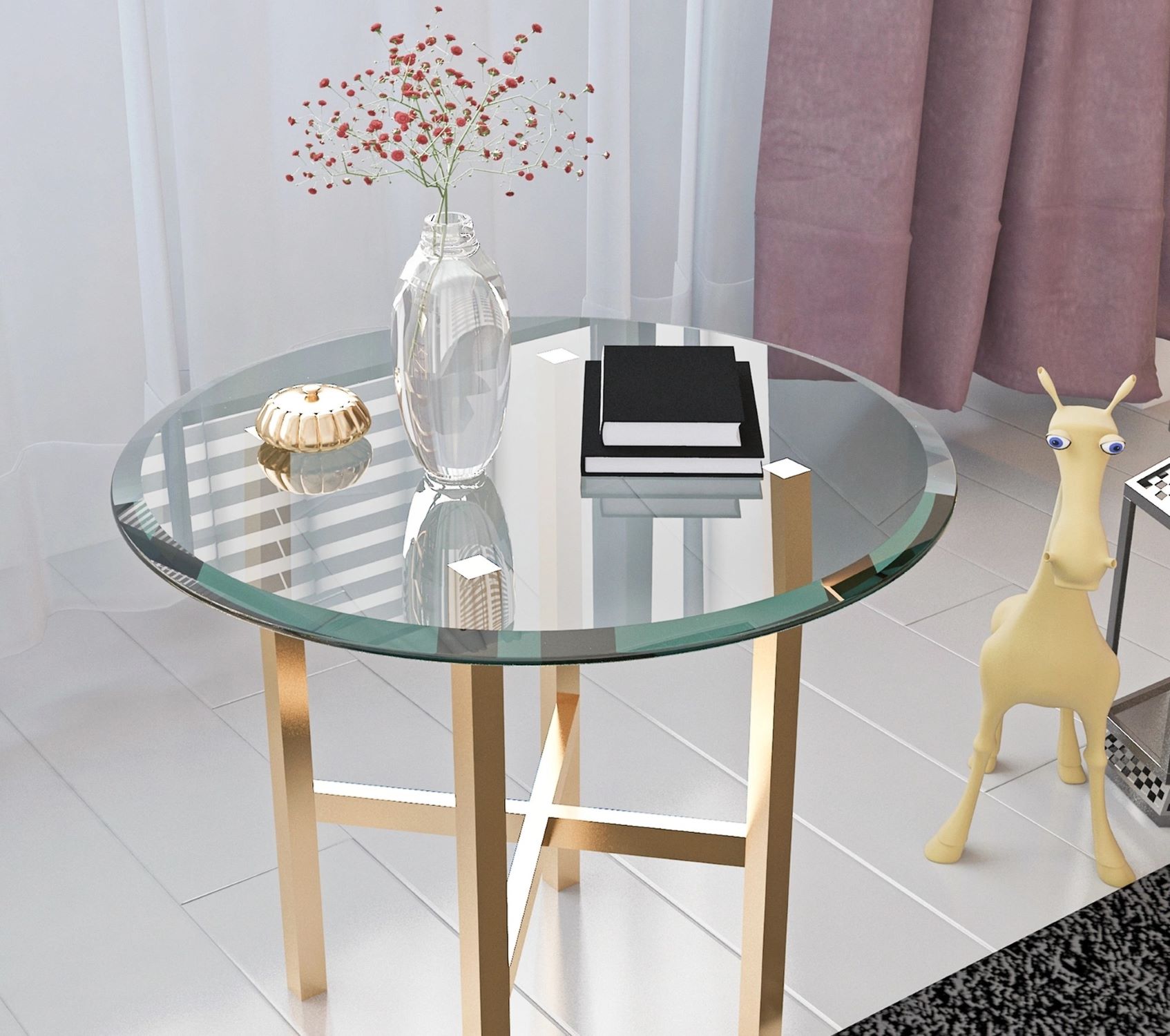
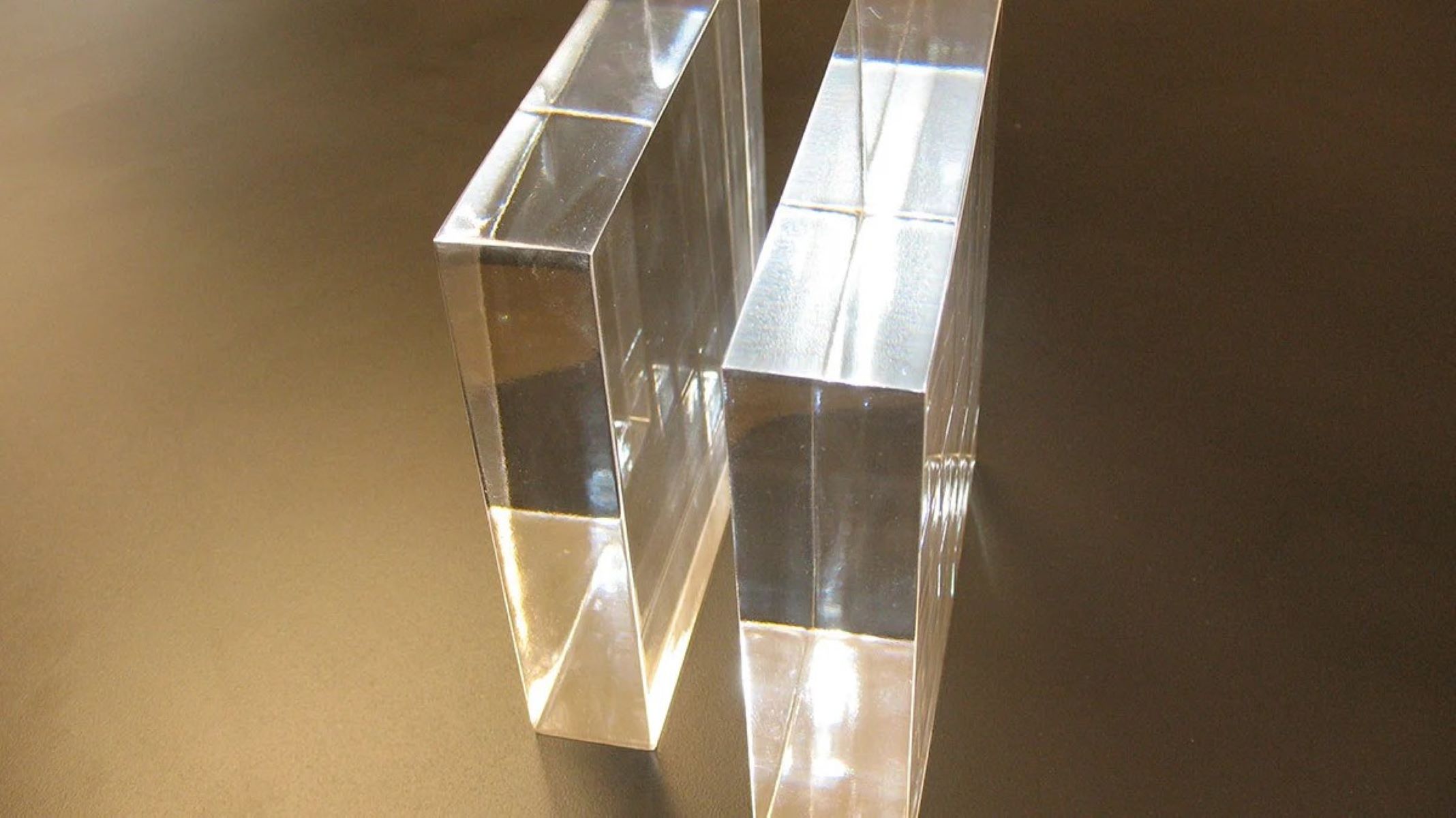
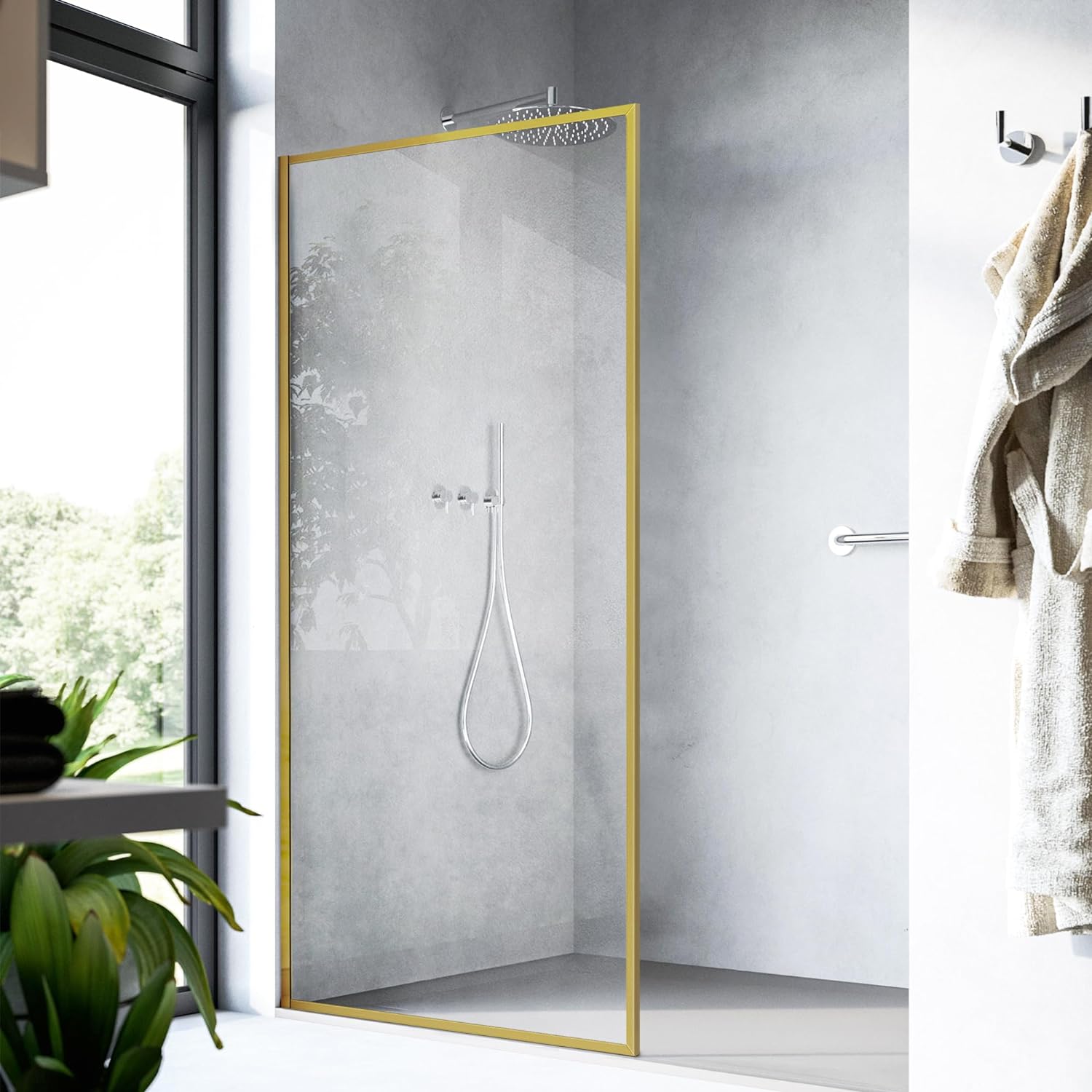
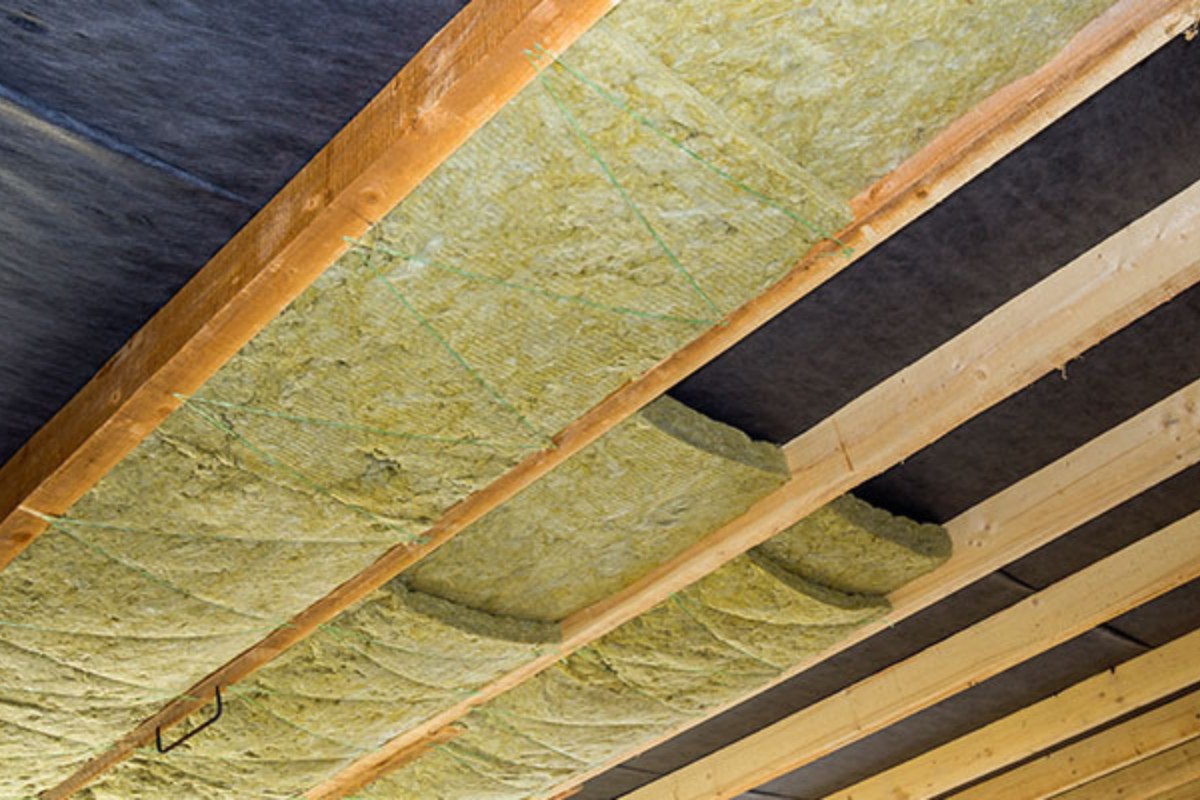

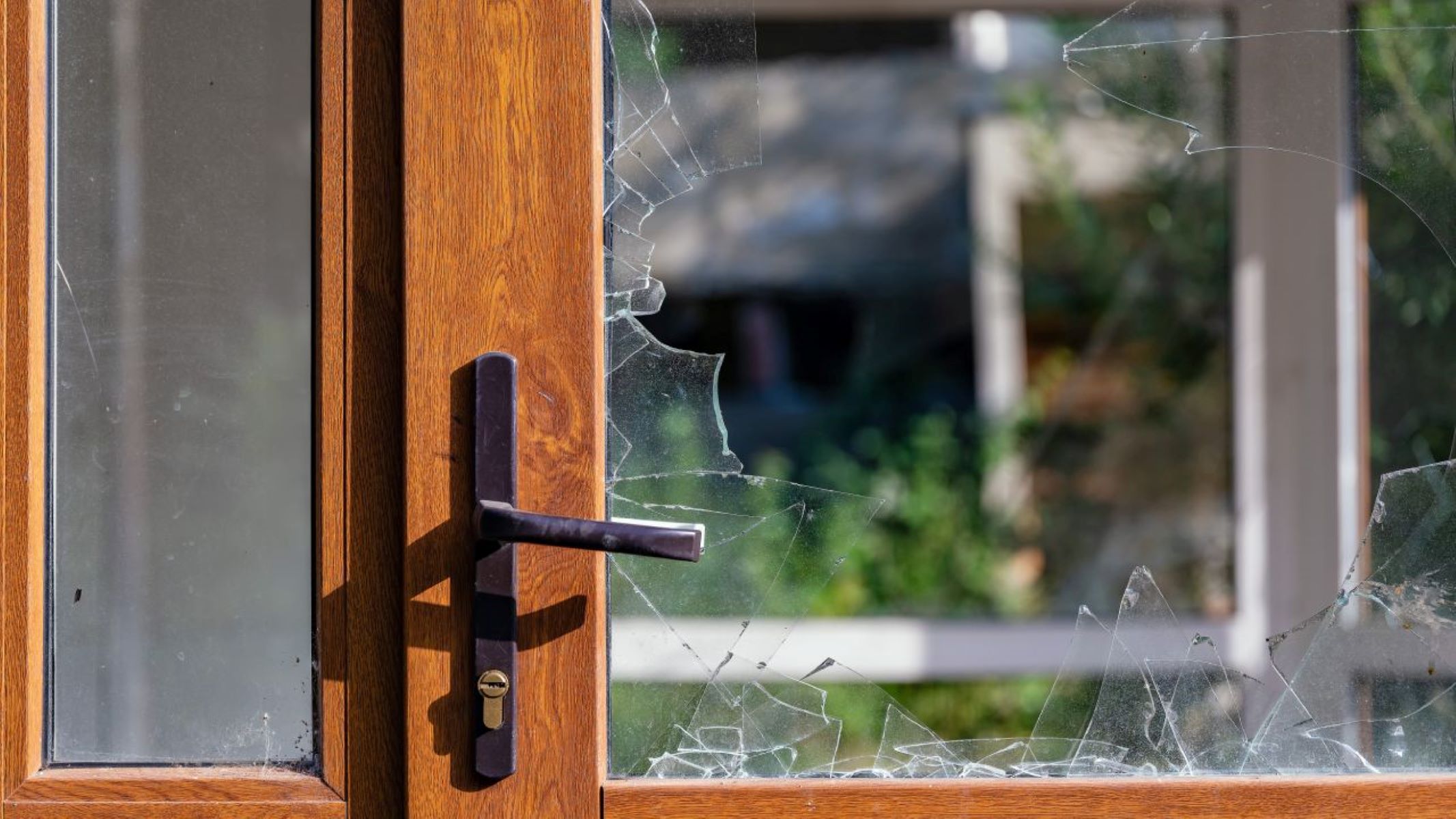
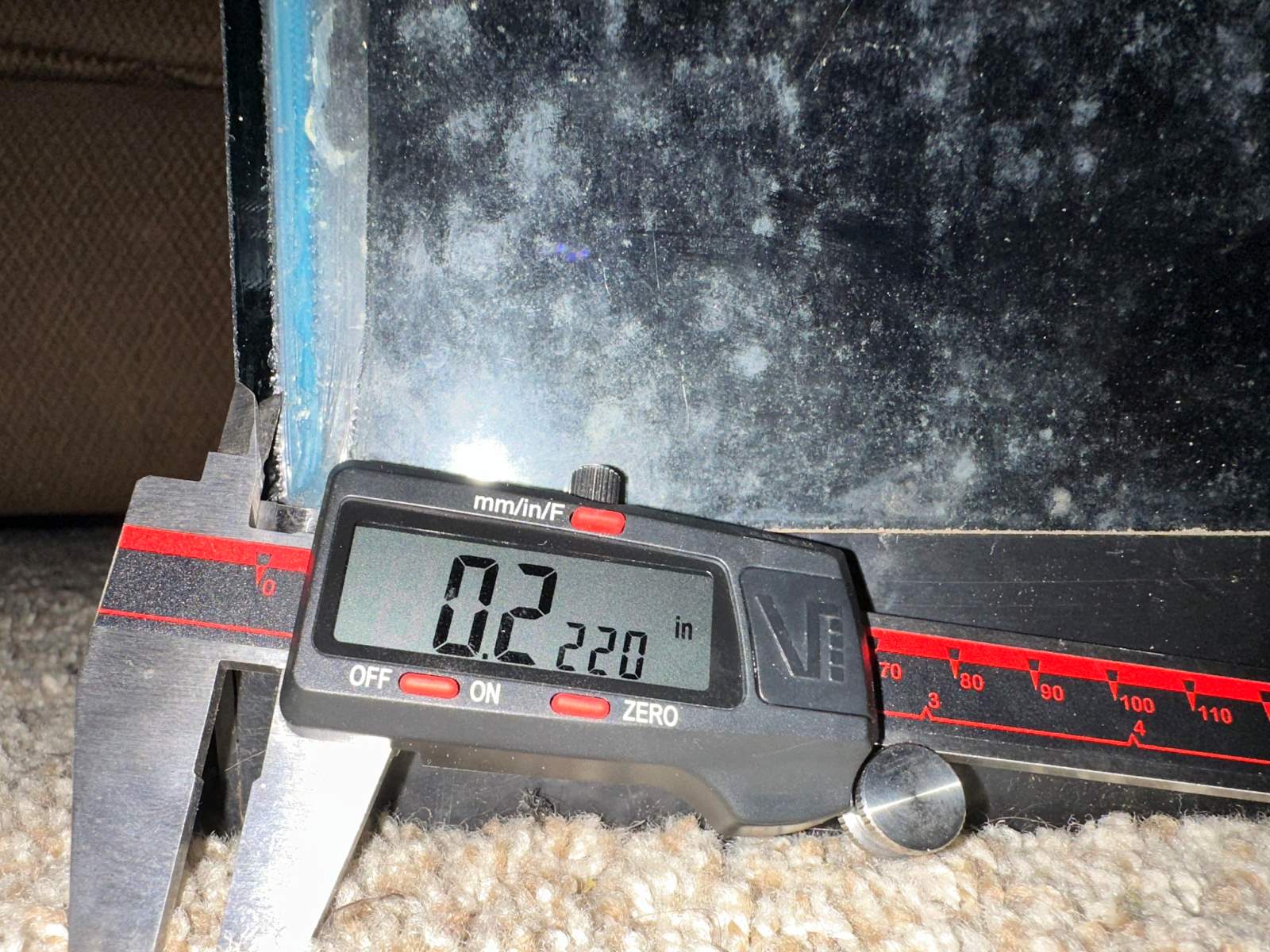


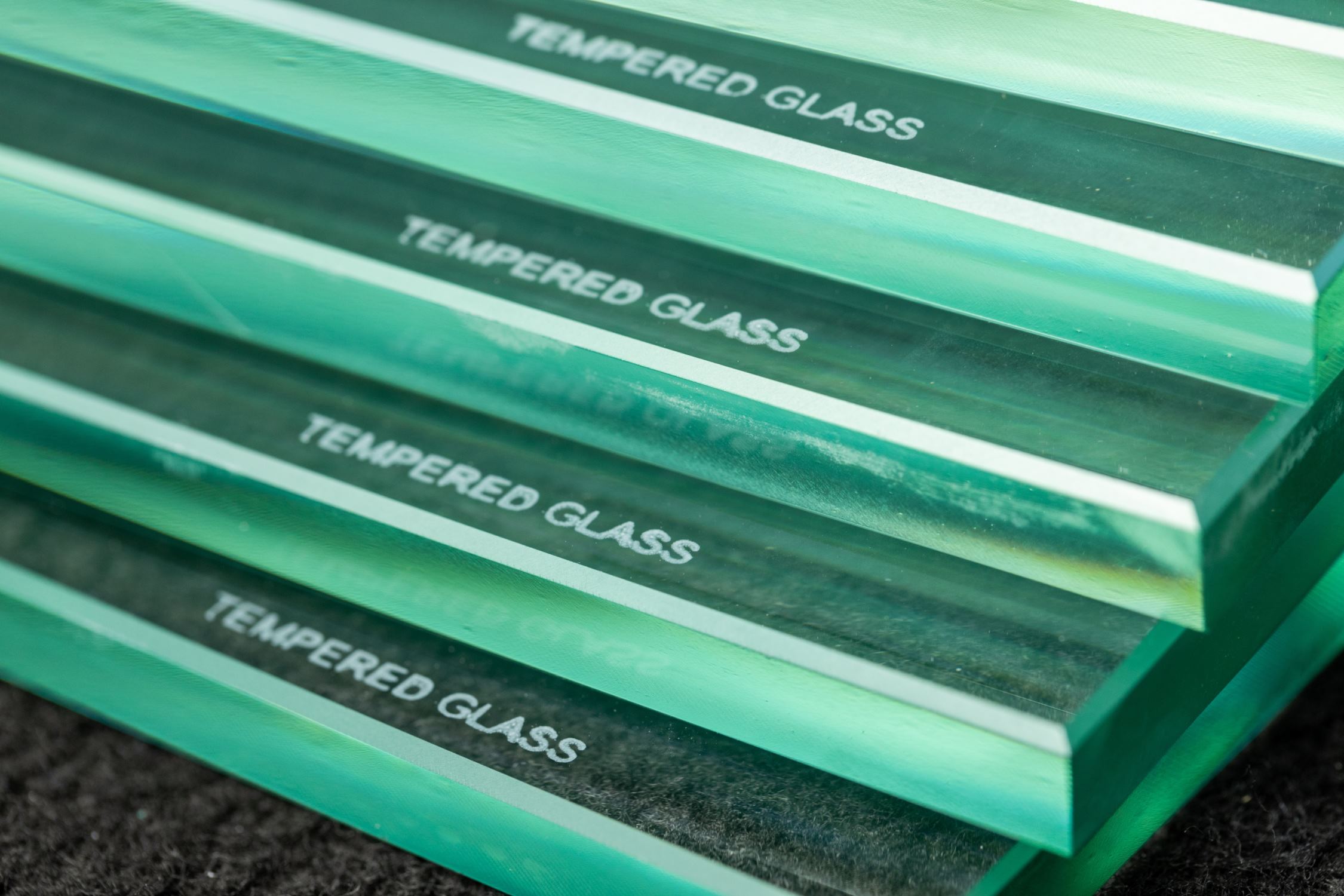
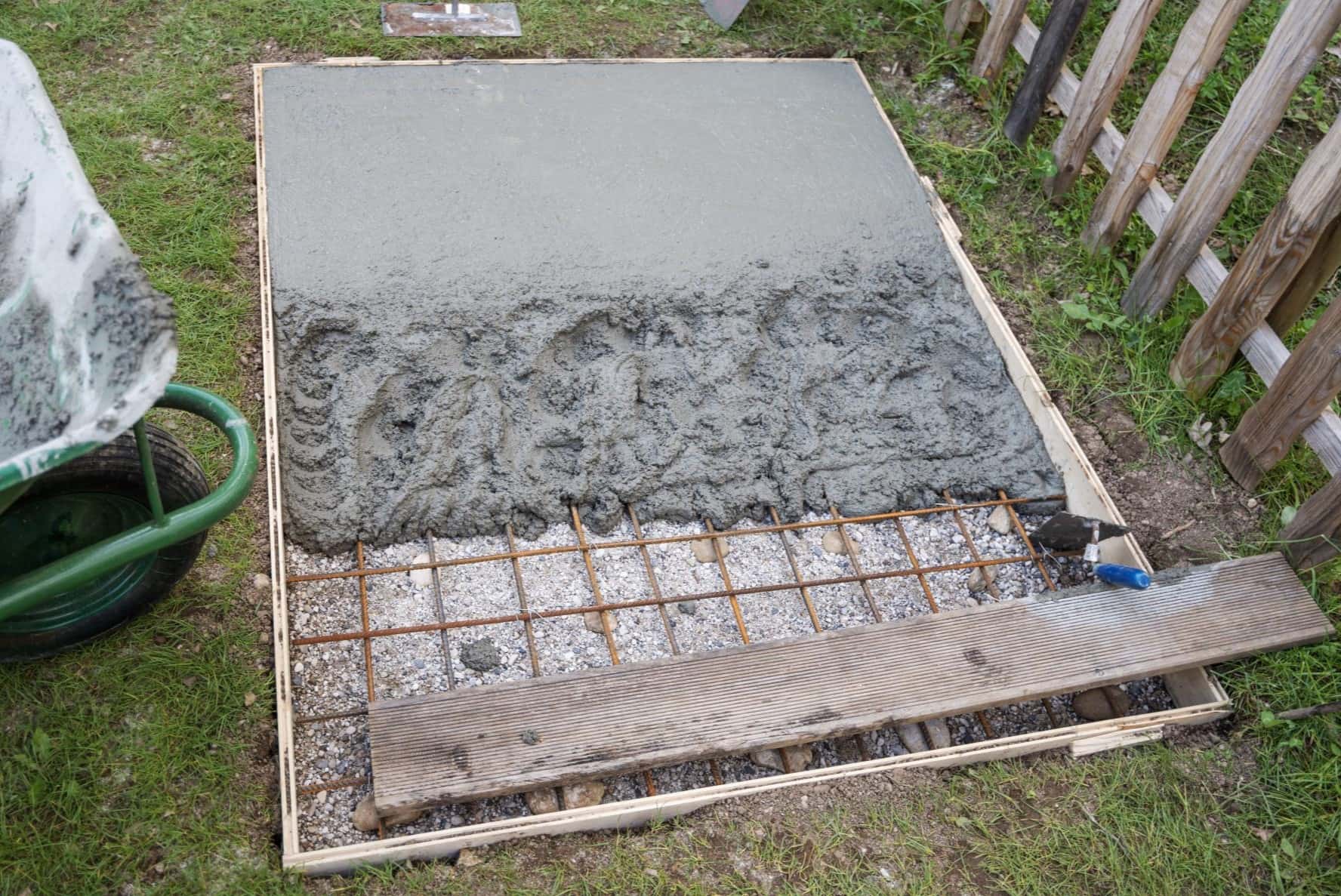


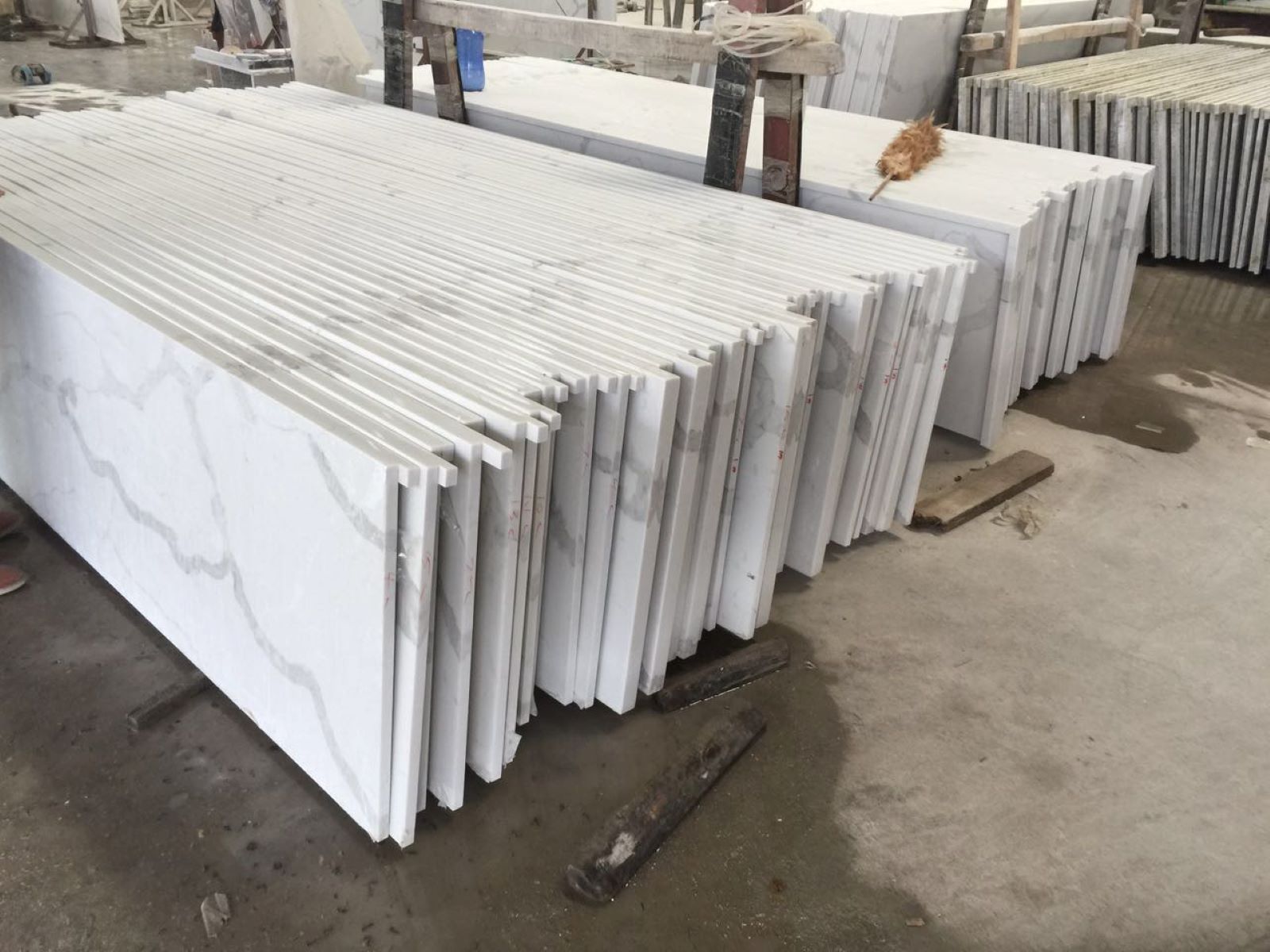

0 thoughts on “How Thick Should Shower Glass Be”